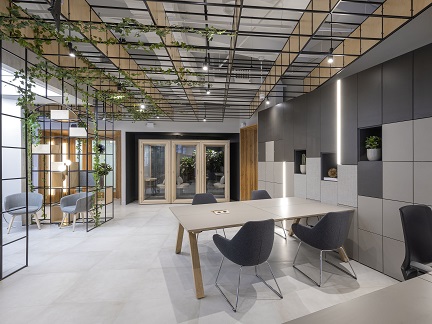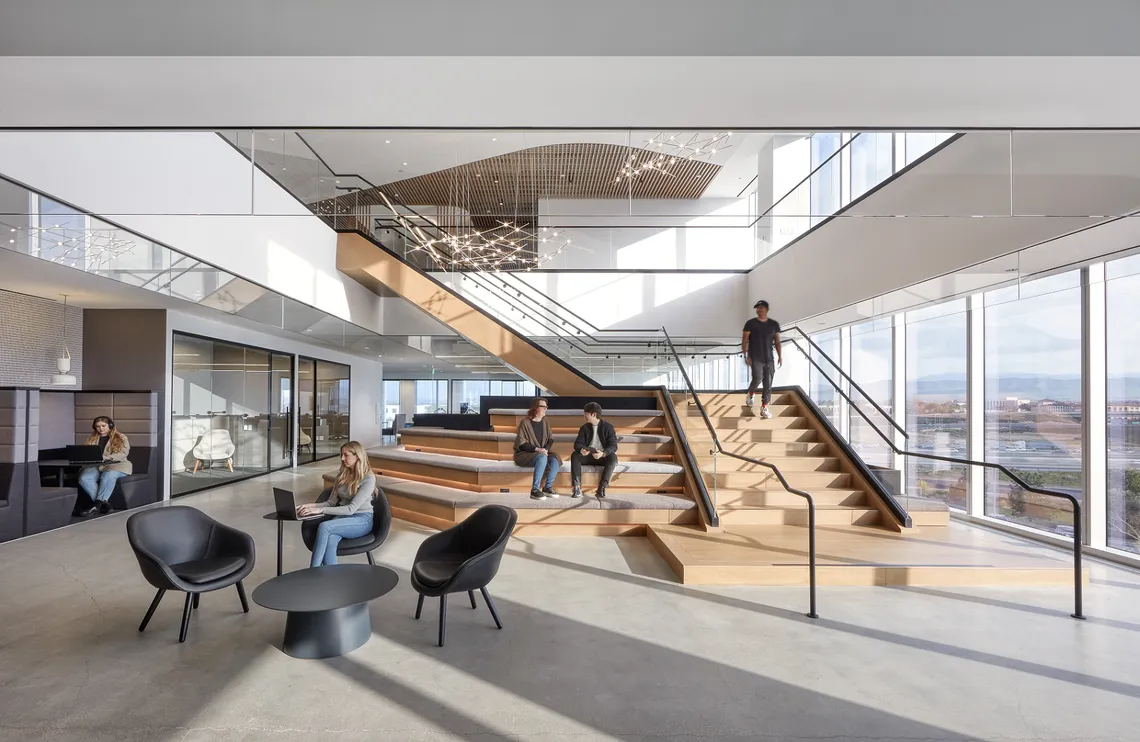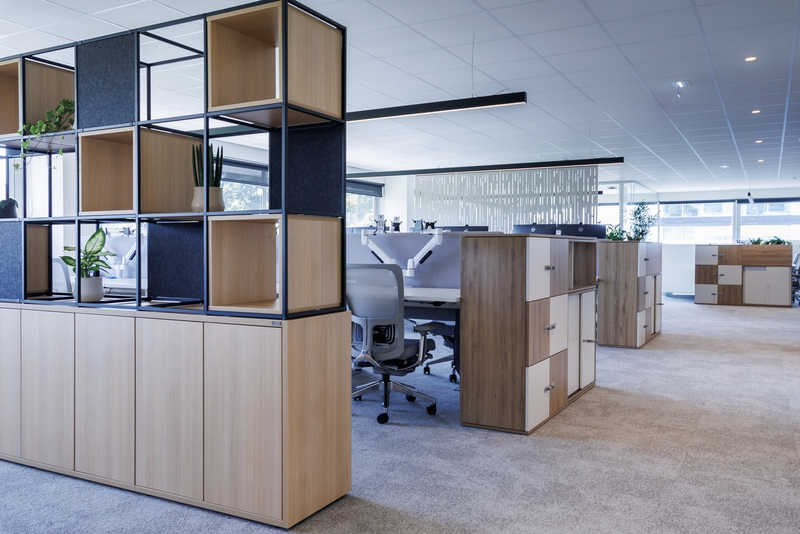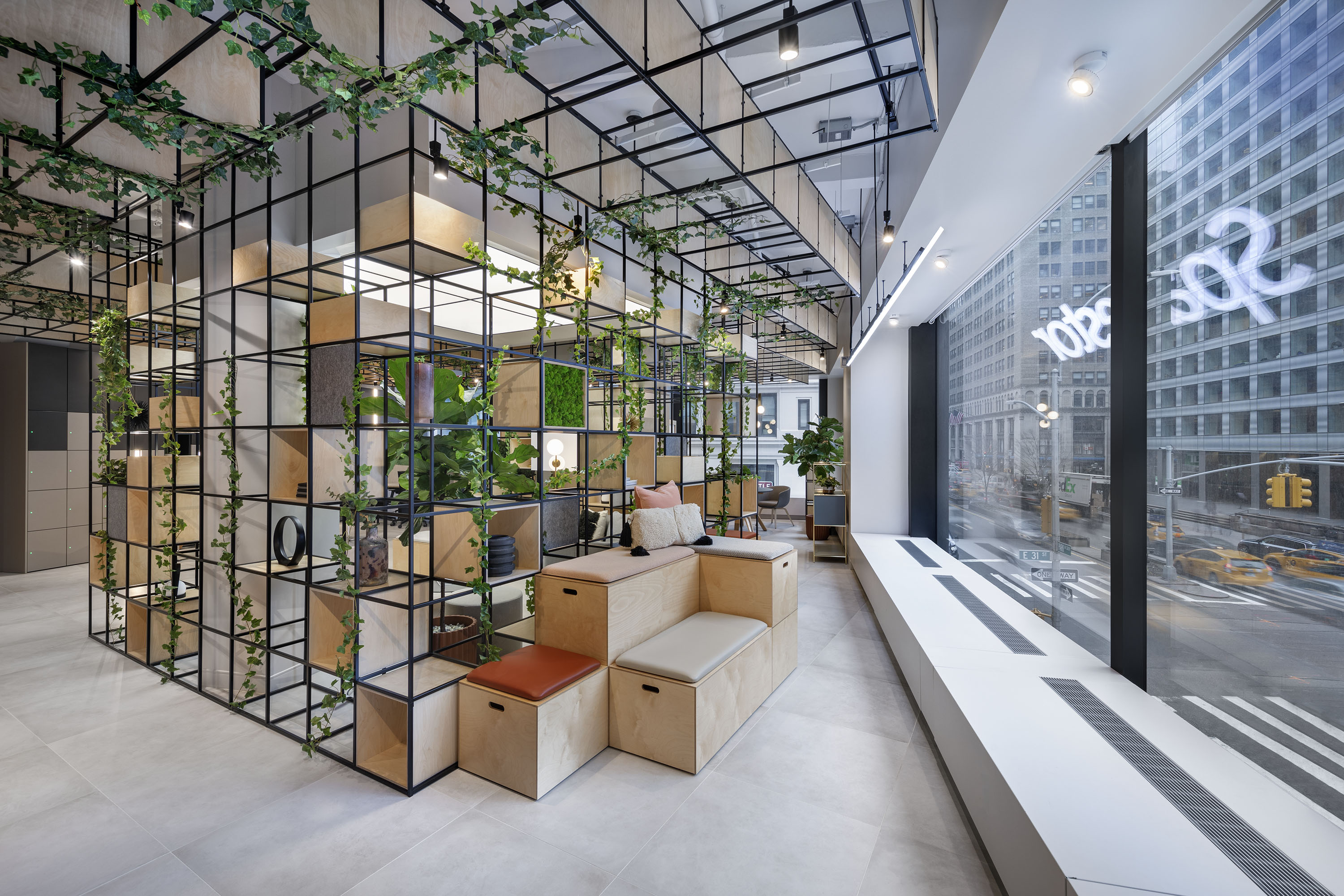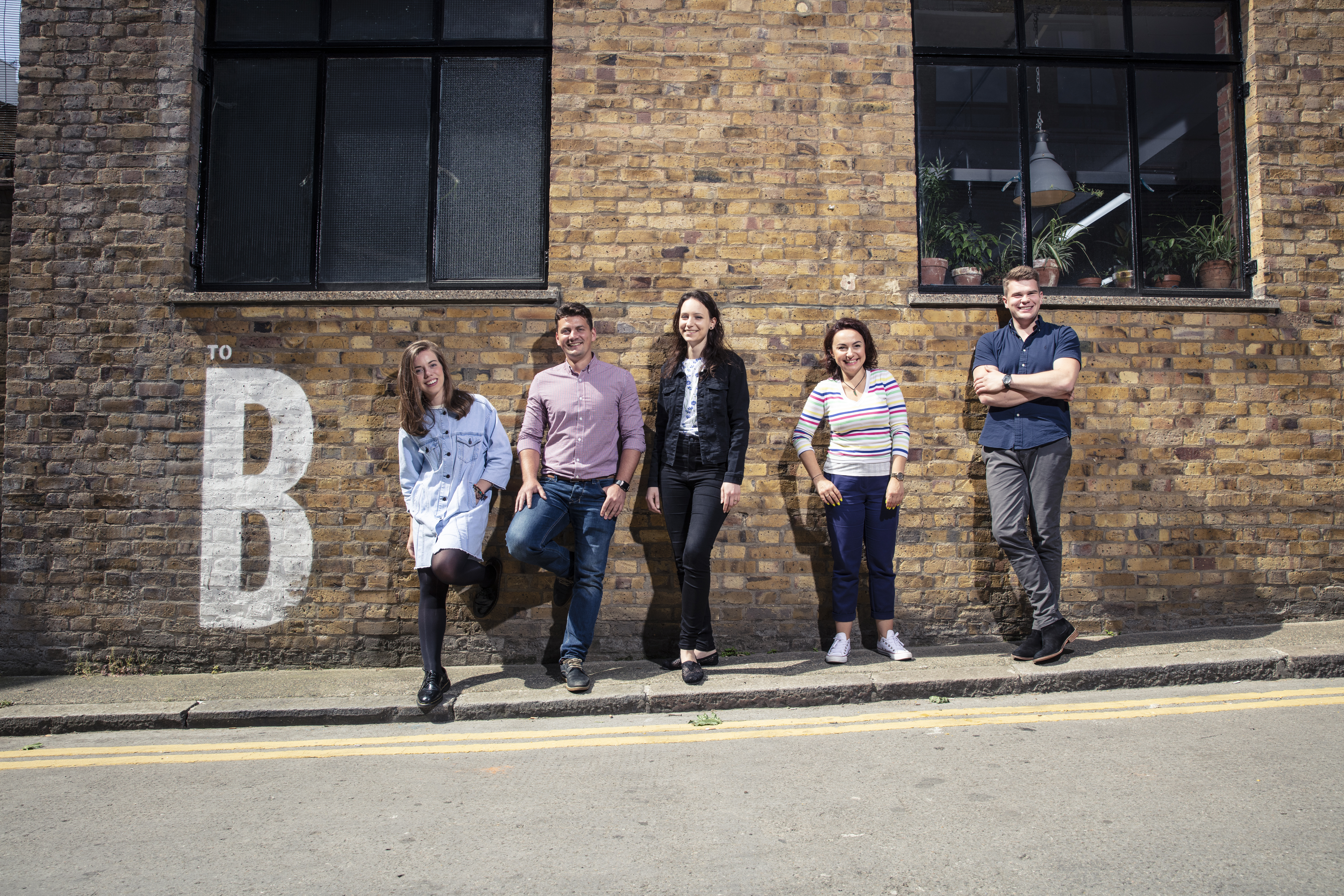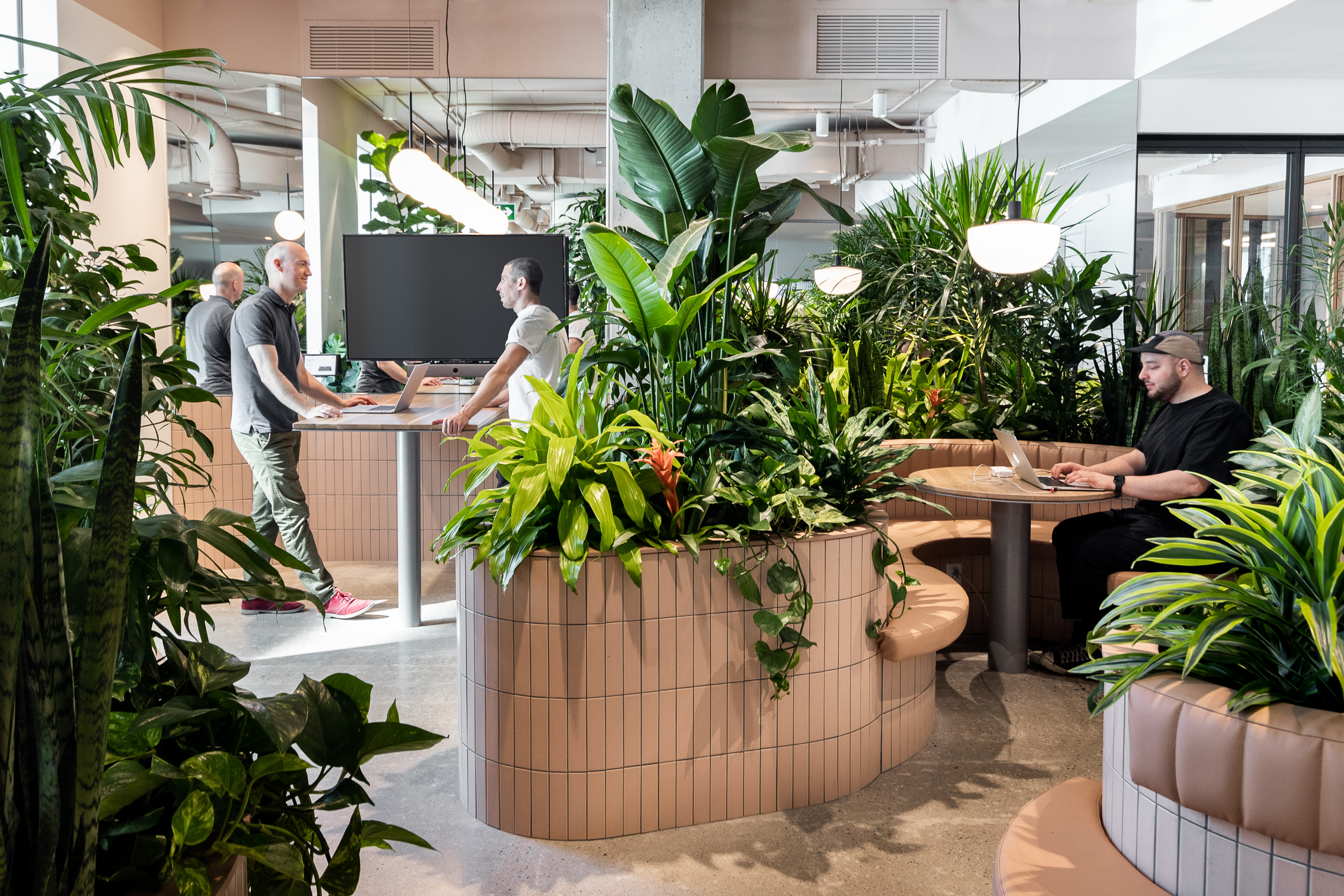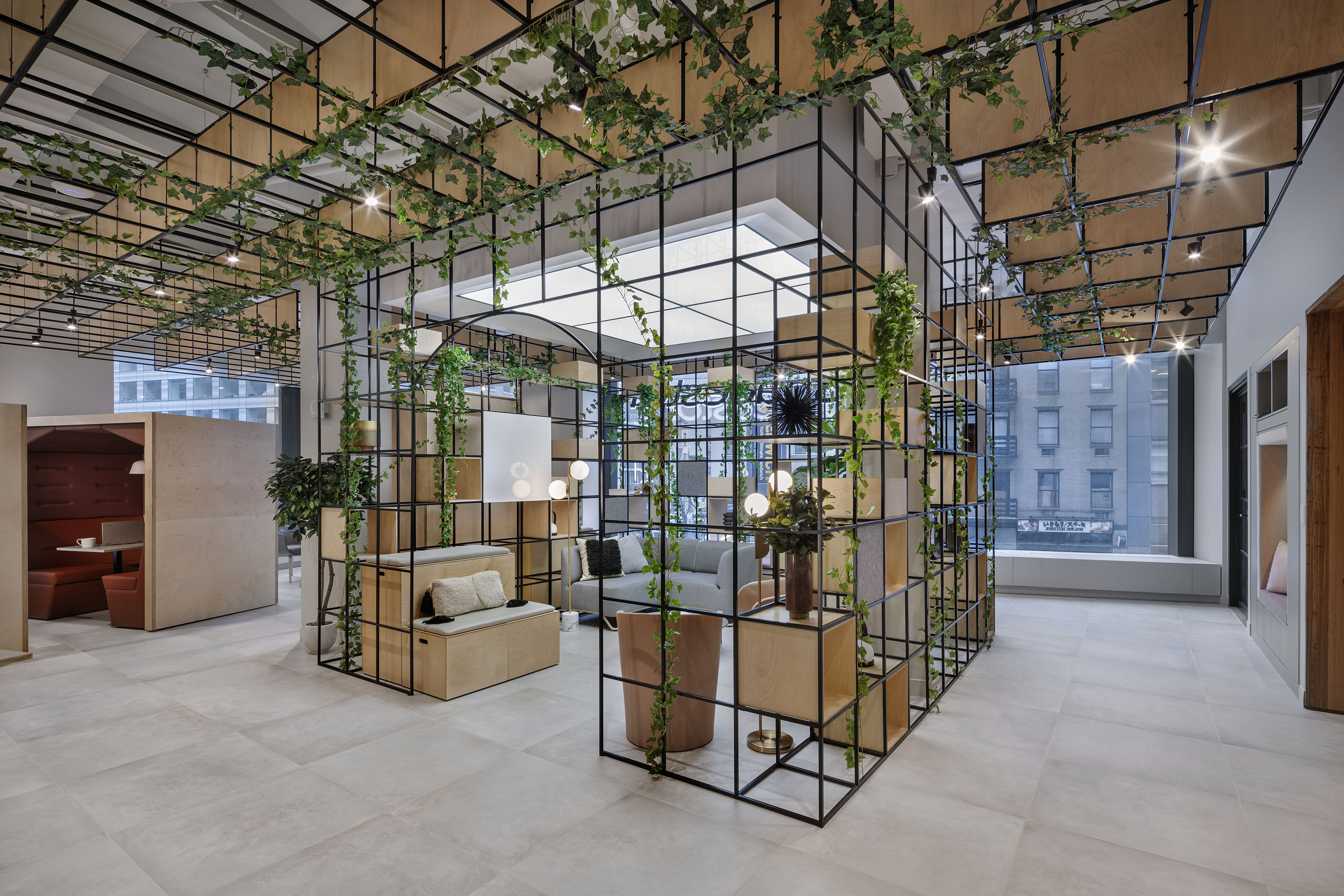12 septembre 2017
Tendances du secteur
This May, in a landmark moment for artificial intelligence, or AI, Google’s AlphaGo system defeated the world champion Ke Jie in the ancient Chinese board game “go”, which is far more complicated than chess. AI is about to transform society, and it’s likely that these changes will be felt more keenly in the workplace than anywhere else.
Intelligent software and robots are becoming increasingly capable of performing tasks that have previously been done by humans, and this has led to fears of mass unemployment. That’s the pessimistic view. The optimistic view, however, is that AI will work for us and improve our working lives.
AI's Impact on Employment - Will You Lose Your Job?
According to wealth management firm Merrill Lynch, within the next two decades around 47% of jobs will be performed by machines. Statistics also show that 80% of Americans believe that they’ll be able to maintain their livelihoods despite this.
Of course, the two beliefs are not mutually exclusive: it just means that the types of jobs we have will change. Used correctly, these ground-breaking technologies will assist us rather than replace us, helping to boost the global economy and improve our quality of life. Robots can take on dangerous tasks in heavy industry or monotonous tasks on assembly lines, while AI can help in fields as diverse as accountancy, customer service and healthcare – we’ve already developed AI capable of detecting cancer more quickly than humans, and this will help save lives, enabling the medical world to discover more.
AI will help businesses to be more cost-effective and energy-efficient, and will also help employees to process data at amazing speeds, and to perform all kinds of tasks better suited to computers than humans. After all, few of us working in an office now would like to return to the days before email and Google, when it took so much longer to get things done. We’re already using algorithms every day at work – we’re just going to start using better algorithms.
What Are the Jobs Robots Cannot Steal from Humans?
Today’s leading AI systems are generally focused on performing one task extremely well, but beyond that their use is limited. AlphaGo might have mastered a board game, but it cannot think like us. Nor can it understand us the way we can understand one another. Thus jobs that involve people skills and good judgement – jobs in management, for instance – are extremely future-proof, while jobs that involve following patterns and repetition may well be better suited to machines.
Likewise, jobs that involve creativity are also very future-proof. Author Nick Seneca Jankel, writing for the Huffington Post, noted that “breakthrough creativity is fundamentally organic, not algorithmic. … No machine will ever be able to mimic our peerless organic nature as inherently, inescapably, beguilingly creative.” While AI is great at following patterns and rules, only people can break the rules and find better ways of doing things – and it’s this kind of disruption and innovation that drives businesses, technology, art and design forwards.
A perfect example is found in Spike Jonze’s film “Her”, in which professional letter writer Theodore Twombly falls in love with his AI assistant Samantha (essentially a highly advanced form of Apple’s Siri or Amazon’s Alexa). One day Samantha decides to sort through every letter he’s ever written, edits and arranges the best ones into a mock-up of a book, emails it out to publishing houses and wins him the publishing contract of his dreams – her incredible data-processing capabilities play an important role here, but without his human mind there would be none of the heartwarming, emotion-filled letters that make the book possible.
So, How Will AI Affect the Workplace?
The jobs of the future will emphasise skills that AI doesn’t have – such as creativity, collaboration, empathy, decision making – and workplaces will have to change accordingly. With creative roles coming to the forefront, offices will be designed to attract and inspire creatives. Collaborative spaces will become an integral part of the workspace – such as the one pictured below, which features a combination of our modular SoftBox seating range and Palisades Wood space divider, as well as our high-tech HotLocker system for keeping everything safe. Harmonious design, adaptability and openness will be key.

Furthermore, it will also be important to offer some contained spaces for focused thinking and more intimate conversation – such as these Railway Carriage meeting pods that we provided for the California headquarters of the world’s leading meditation app Headspace .
In conclusion, with AI and robotics taking hold of the more monotonous, information-based tasks, employees will be free to focus on utilising skills like creativity and people skills which will be shaping the jobs of the future. Follow us on Facebook , Twitter and LinkedIn to keep up to date with our latest news and insights.
Partager cet article

